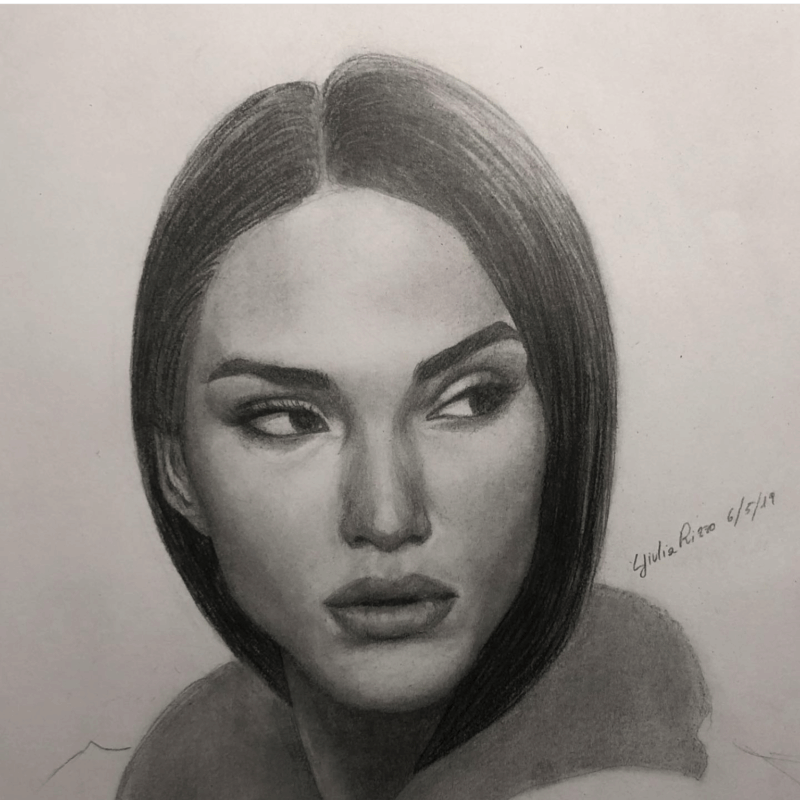Morphodynamic Cosmetic Surgery (MCS) is indicated whenever there is a need to restore balance and harmony to the face by correcting negative dynamics rather than simply altering form.
Unlike traditional cosmetic surgery, which often targets a single defect (wrinkle, sagging, excess skin), MCS looks at the face as a functional unit, where bone, muscle, fat, and skin interact continuously.
Main indications include:
- Facial aging Correction of the multifactorial changes that occur with age: bone resorption, fat atrophy, muscle imbalance, and skin deterioration.
- Negative expressionsTreatment of faces that appear tired, sad, angry, or aged due to muscular hyperactivity or asymmetry.
- Volume loss and atrophy Restoration of volumes in the midface, lips, temples, or periocular area with regenerative techniques.
- Structural disharmonies
- Refinement of nose, chin, or profile without destructive surgery, using threads, biomaterials, and autologous fat.
- Functional alterations (incorrect smile, swallowing para functions, etc.)
- Support for breathing, posture, and dynamic facial balance through correction of muscular and tissue dynamics.
- Scars and fibrosis
- Improvement of quality, elasticity, and integration of tissues using regenerative therapies and mechanobiological stimulation.
Patient profile: MCS is suitable for both younger patients, in a preventive context (acting on early signs of negative dynamics), and for mature patients, in a restorative context (reactivating regenerative potential and correcting structural deficits). Philosophy of indication: “form follows function“, the guiding question in MCS is: “Which dynamics need to be rebalanced to restore harmony?” This approach ensures that each intervention is individualized, minimally invasive, and regenerative, providing results that are natural, progressive, and long-lasting.


